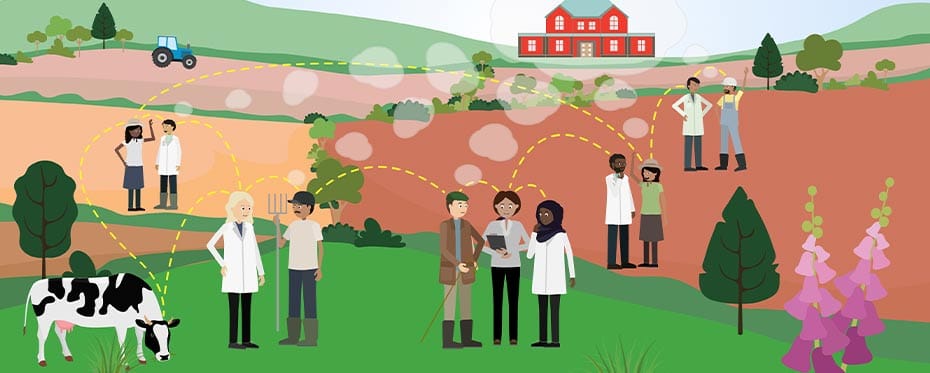Tag: Anthropocene
Science education, new materialism, natural disaster, and the Anthropocene

Science education must adapt to new ways of thinking about how humans interact with the material world. That is the view of Catherine Milne, professor of science education at New York University in the US. In a new book, Dr Milne and co-authors argue that identification of the current human-centric ‘Anthropocene’ geological epoch, together with the many natural disasters the […]
Read More… from Science education, new materialism, natural disaster, and the Anthropocene
What media arts can teach us about technology and its use

What if? That’s the question behind the Synthesis Center, a unique institutional experiment at Arizona State University in the United States. Created by Professor Sha Xin Wei, the transdisciplinary ‘atelier’ or workshop brings like minds together to explore the interface between media arts, the environment, engineering and technology. With the potential for global social impact, the results generate significant insights […]
Read More… from What media arts can teach us about technology and its use
Quantum theory for sustainability transformations

Agriculture significantly contributes to environmental issues and requires deep and urgent transformations in order to be sustainable. Agroecological transition is not only technical but involves the evolution of farmers’ ways of seeing and interpreting the world. Dr Cyrille Rigolot at the French National Research Institute for Agriculture, Food and the Environment (INRAE), explores the potential of quantum theory as a […]
Read More… from Quantum theory for sustainability transformations